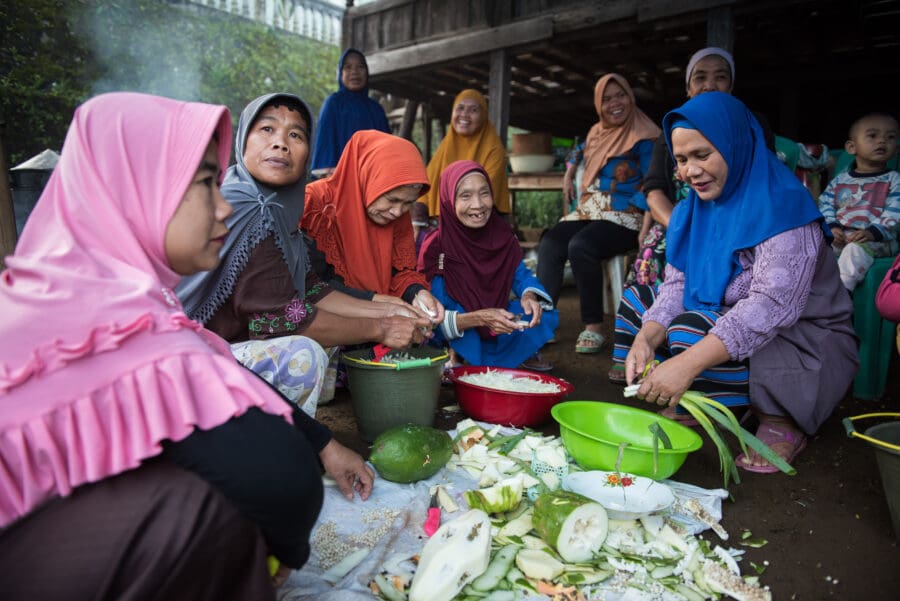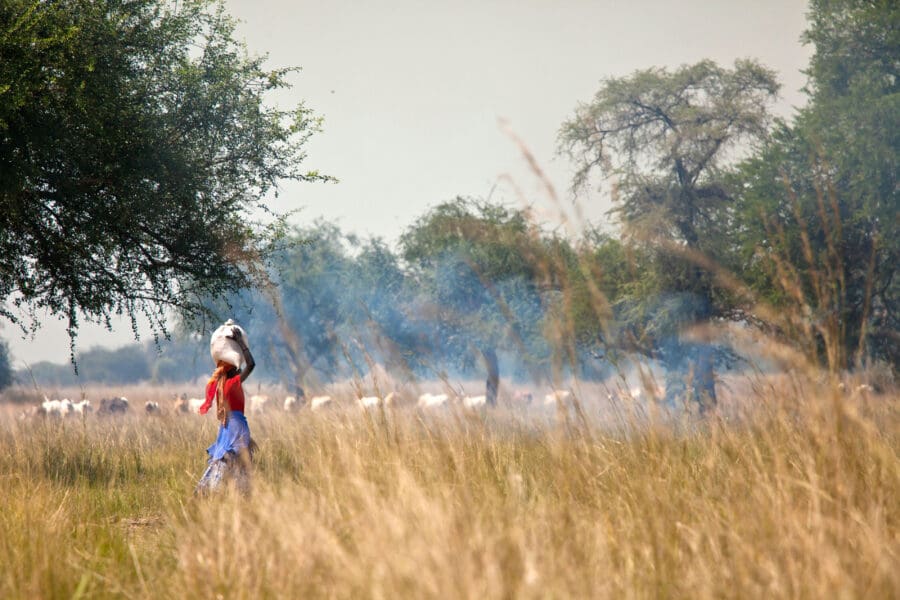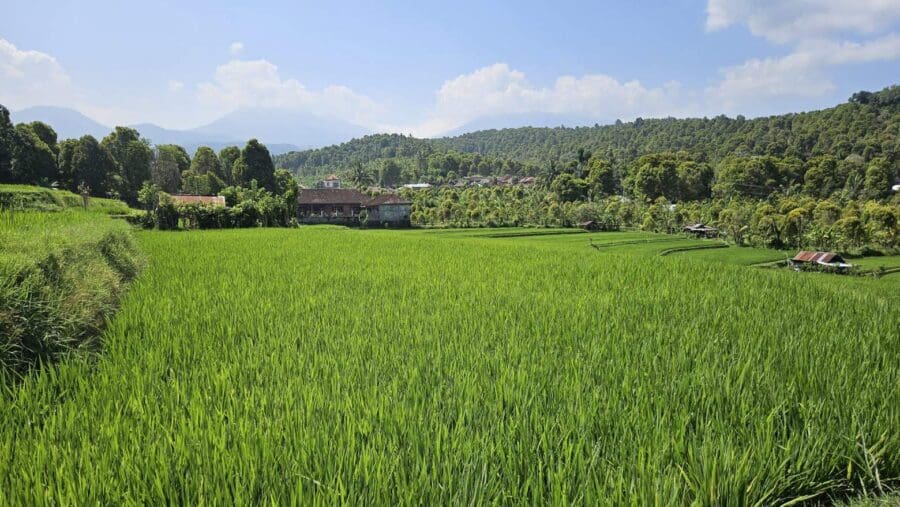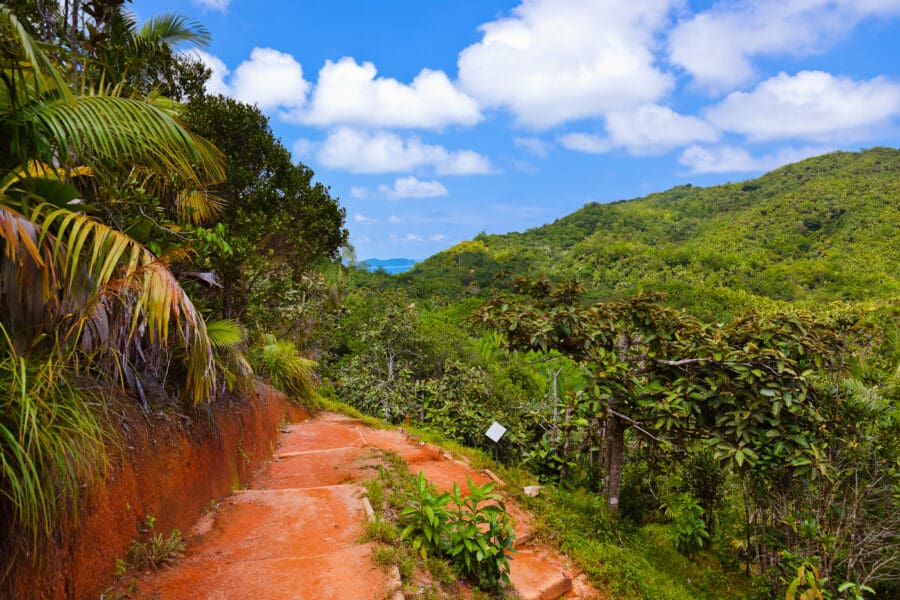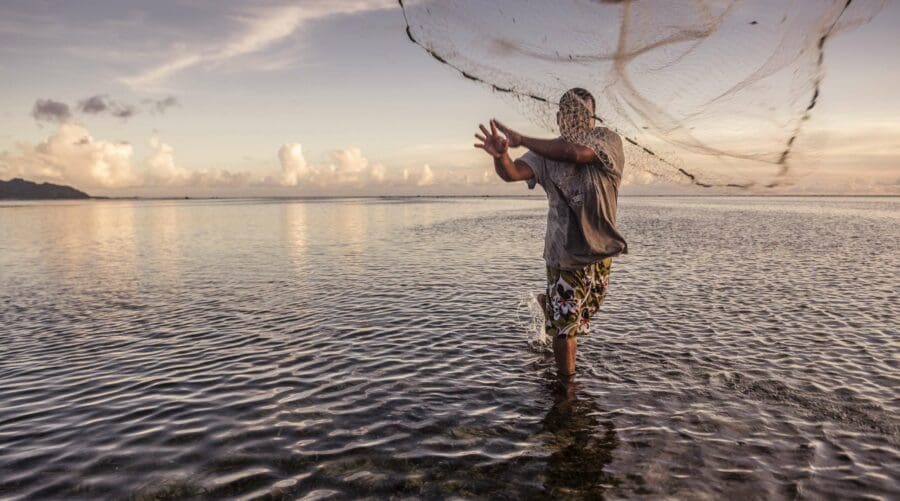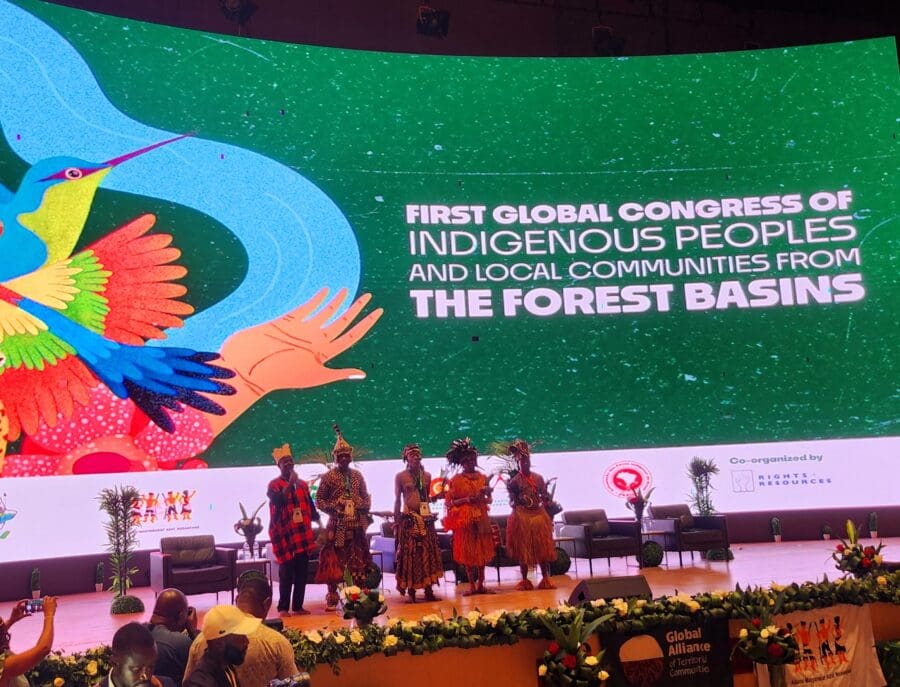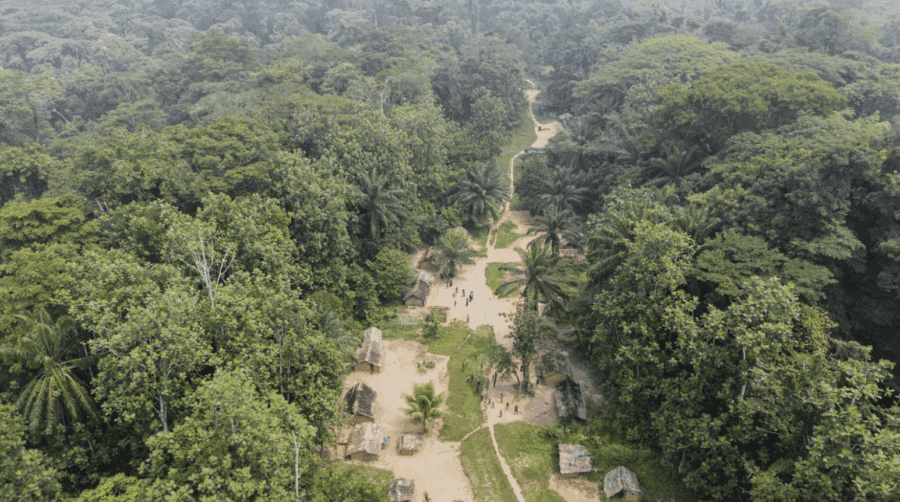A decade-long effort by RRI’s DRC Coalition has led to a progressive land policy in the country
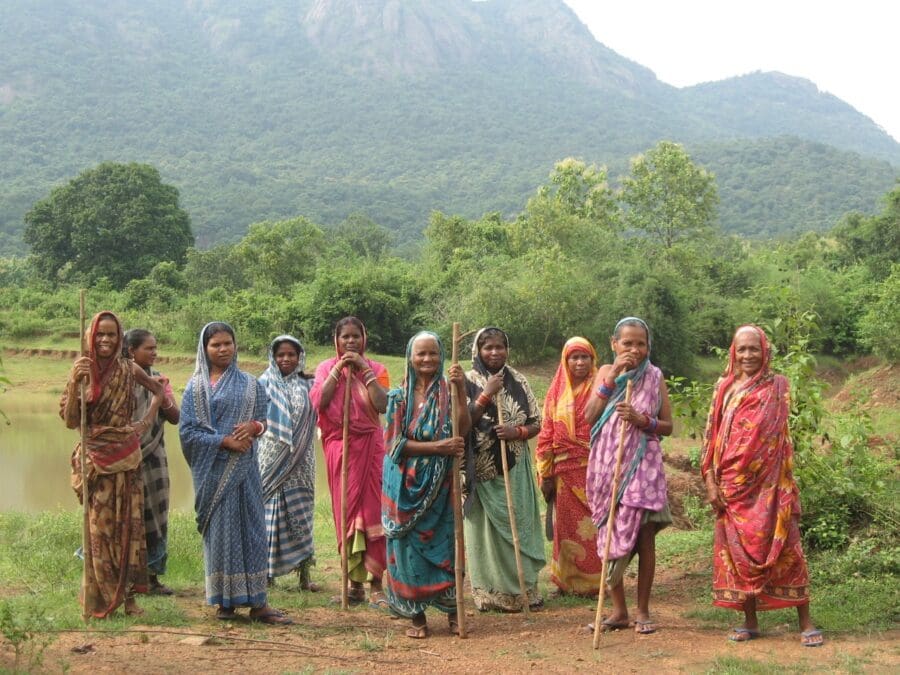
In Nayagarh, India, community women get long-due recognition for protecting their forests
In welcome news for India’s forest communities, the state of Odisha has approved 14 Community Rights and Community Forest Resource Rights titles for 24 villages in its Nayagarh district, under the country’s 2006 Forest Rights Act. The government’s move to grant these titles is praiseworthy for one key reason: they recognize women’s critical role in protecting community forests.
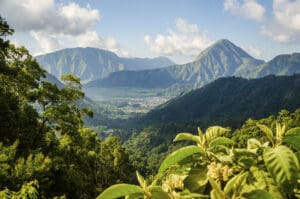
New report identifies powerful opportunities to strengthen collective land rights in carbon fund countries
A new report by the Forest Carbon Partnership Facility (FCPF), a global partnership for successfully reducing emissions from deforestation and forest degradation, and the World Bank’s fund for Enhancing Access to Benefits while Lowering Emissions (EnABLE), outlines tangible ways global communities can make inroads in the effort to mitigate climate change through strengthening Indigenous sovereignty.
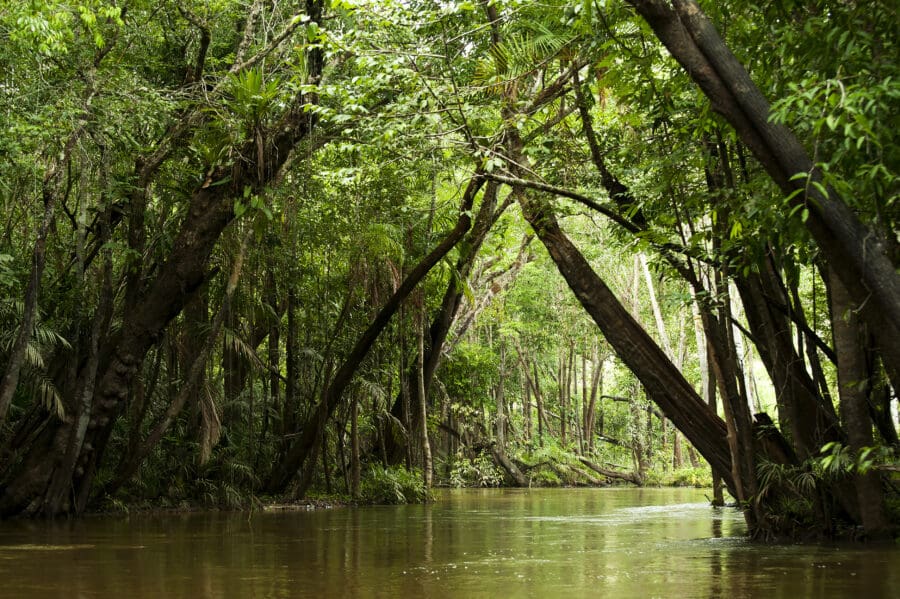
New research shows significance of community-held territories in 24 countries to global climate
At UNFCCC COP 26, new research shows Indigenous Peoples and local communities hold at least 958 million hectares of land in countries spanning most of the world’s endangered tropical forests – yet have legal rights to less than half of their lands. Community-held lands sequester over 250 billion metric tonnes of carbon, and lack of secure rights threatens to release much of this carbon into the atmosphere through deforestation.

Reflections on Nature-Based Solutions: Occasion for caution and hope
Nature-Based Solutions are broadly defined as solutions to societal challenges that involve working with nature. When anchored in culturally appropriate solutions and the self-determined priorities of local peoples, nature-based actions have the potential to strengthen synergies, transform human-environment interactions, and effectively drive system-wide transformation.

Indigenous Scholar and Forester from Canada’s James Bay Cree Named New Chair of the RRG Board
A longtime defender of Indigenous rights in Canada, Dr. M.A (Peggy) Smith will lead the governance of Rights and Resources Initiative – a global coalition of Indigenous and Afro-descendant Peoples and local community organizations.

Progress and challenges of securing community land rights in Africa
Recognizing secure tenure rights for local communities and Indigenous Peoples is one of the key drivers of social peace and sustainable economic development. Addressing the common need for a platform to continue sharing experiences and knowledge, we helped establish the African Land Institutions Network for Community Rights (ALIN). To assess progress since meeting in Antananarivo, Madagascar in 2019, the 3rd ALIN Conference will be held in a hybrid format in Lomé, Togo and online from October 12-14, 2021.
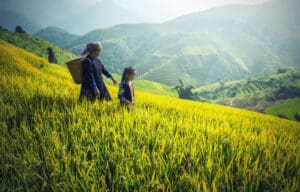
RRI-FCDO dialogue emphasizes the urgency of financing rights-based climate and conservation solutions
A high-level discussion convened by RRI and the FCDO, UK sought to address the ownership gap in collective land rights to tackle climate change and biodiversity loss.
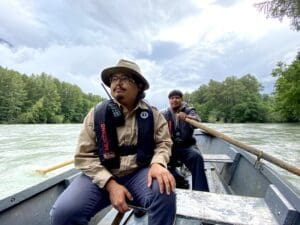
Why Indigenous-led conservation is crucial for Canada’s climate goals
To the west of Great Slave Lake, the second-largest lake in Canada’s Northwest Territories, is a plateau that towers 600 meters above the surrounding Mackenzie Valley. The plateau, which features a unique mosaic of boreal forest, wetlands, and lakes, and is home to dozens of at-risk species, including the woodland caribou, wood bison, and waterfowl, is known as the Edéhzhíe Dehcho Protected Area/National Wildlife Area (pronounced eh-day-shae.)
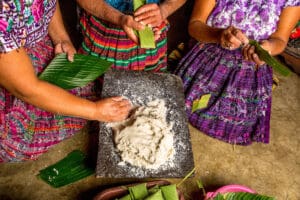
Forest Voices: To protect the land is to protect Indigenous lives
Secure rights to land are fundamental to enable Indigenous Peoples, and in particular, Indigenous women, to continue their effective stewardship of forests.

Dr. Solange Bandiaky-Badji to serve as next Coordinator of RRI and President of RRG
The Rights and Resources Group (RRG) Board of Directors has named Dr. Solange Bandiaky-Badji as the next Rights and Resources Initiative (RRI) Coordinator and President of RRG, which serves as RRI’s coordinating mechanism.

New analysis reveals risks of investment in carbon offsets without community rights
This analysis shows that the vast majority of tropical forested countries seeking to benefit from international forest carbon markets have yet to define in law and in practice the rights of Indigenous Peoples, local communities, and Afro-descendant Peoples over carbon in their customary lands and territories.

